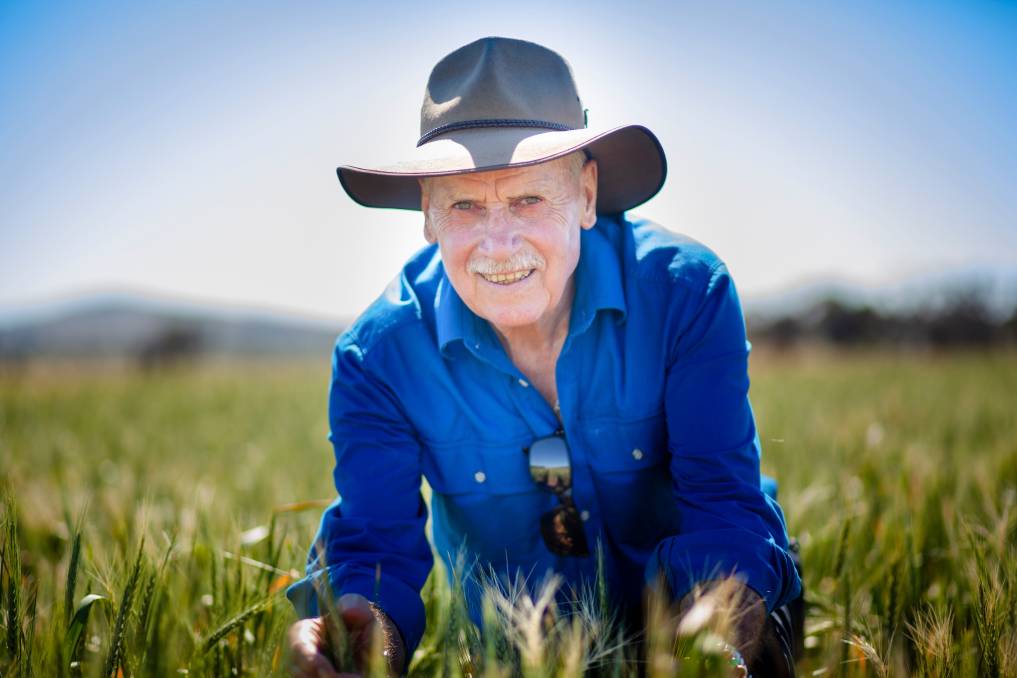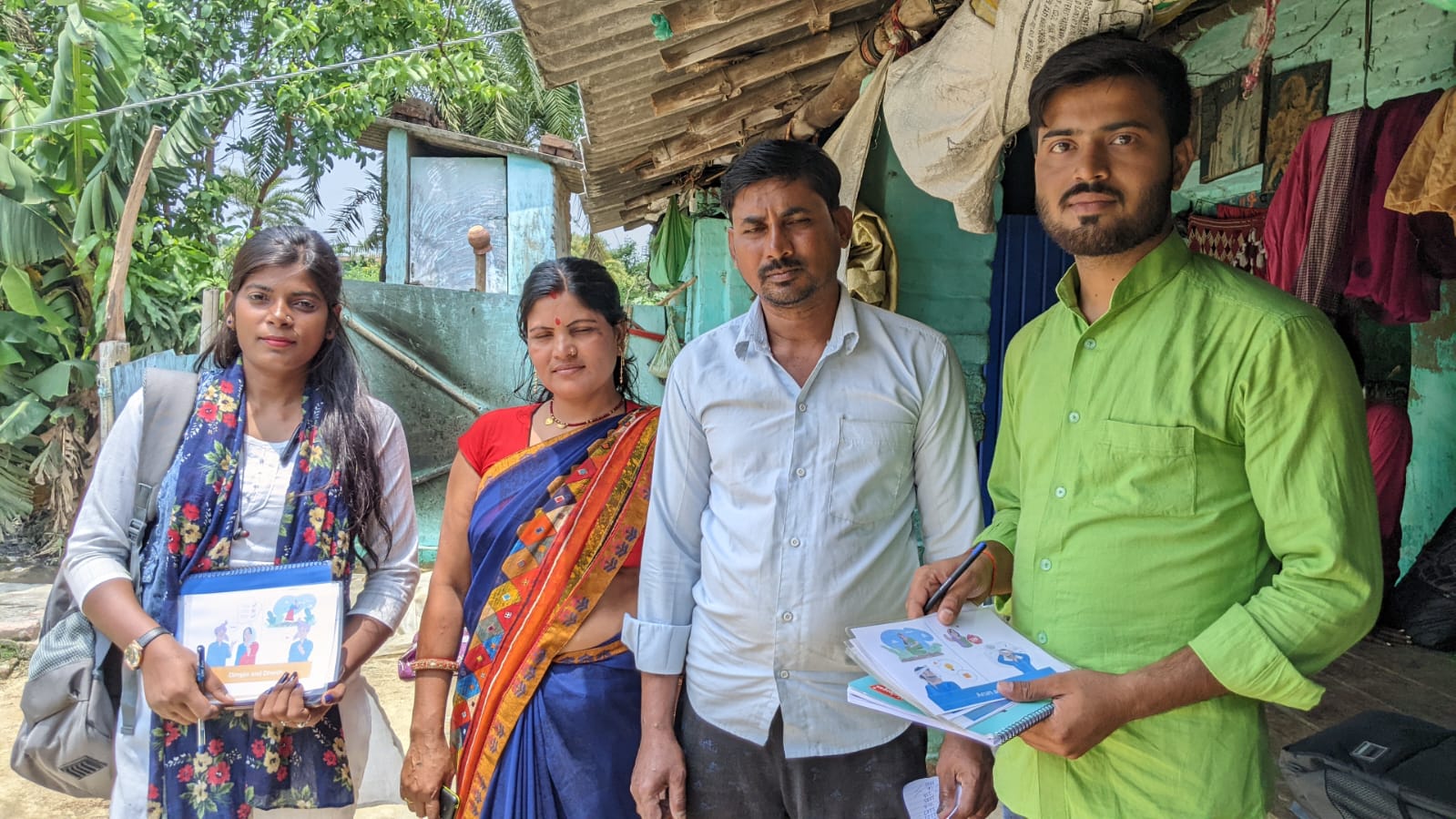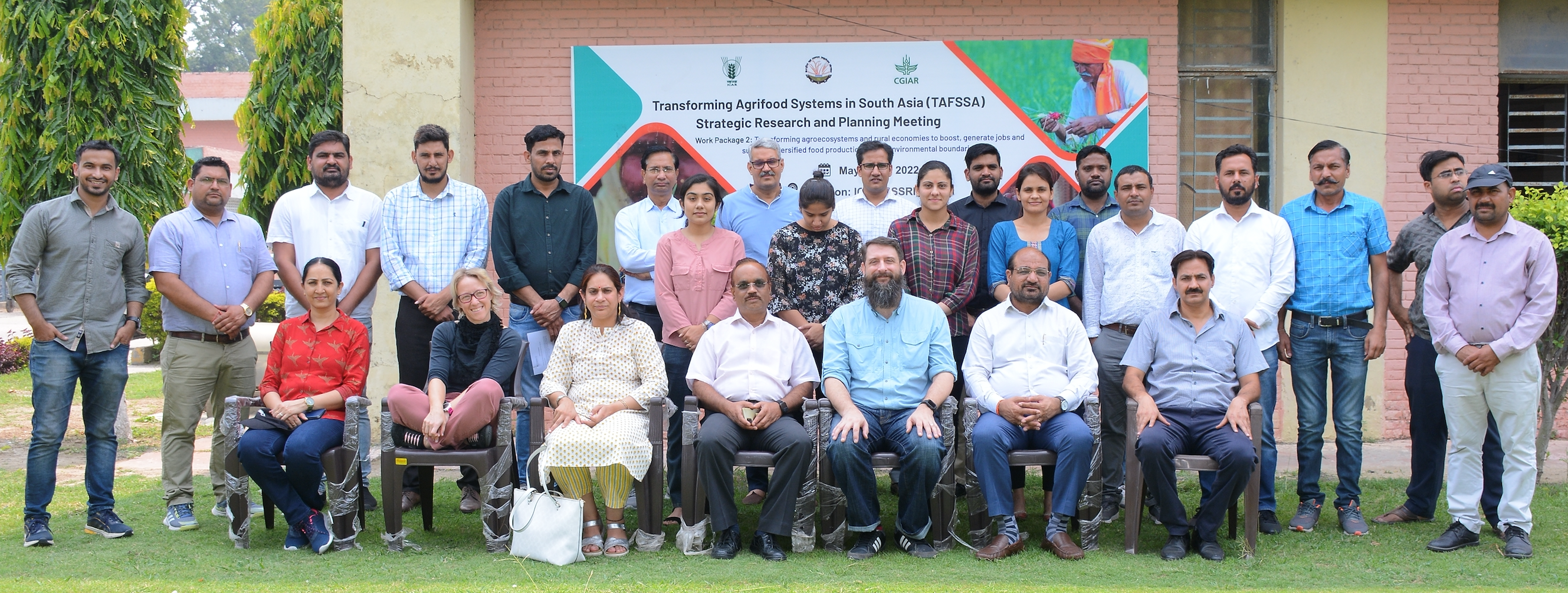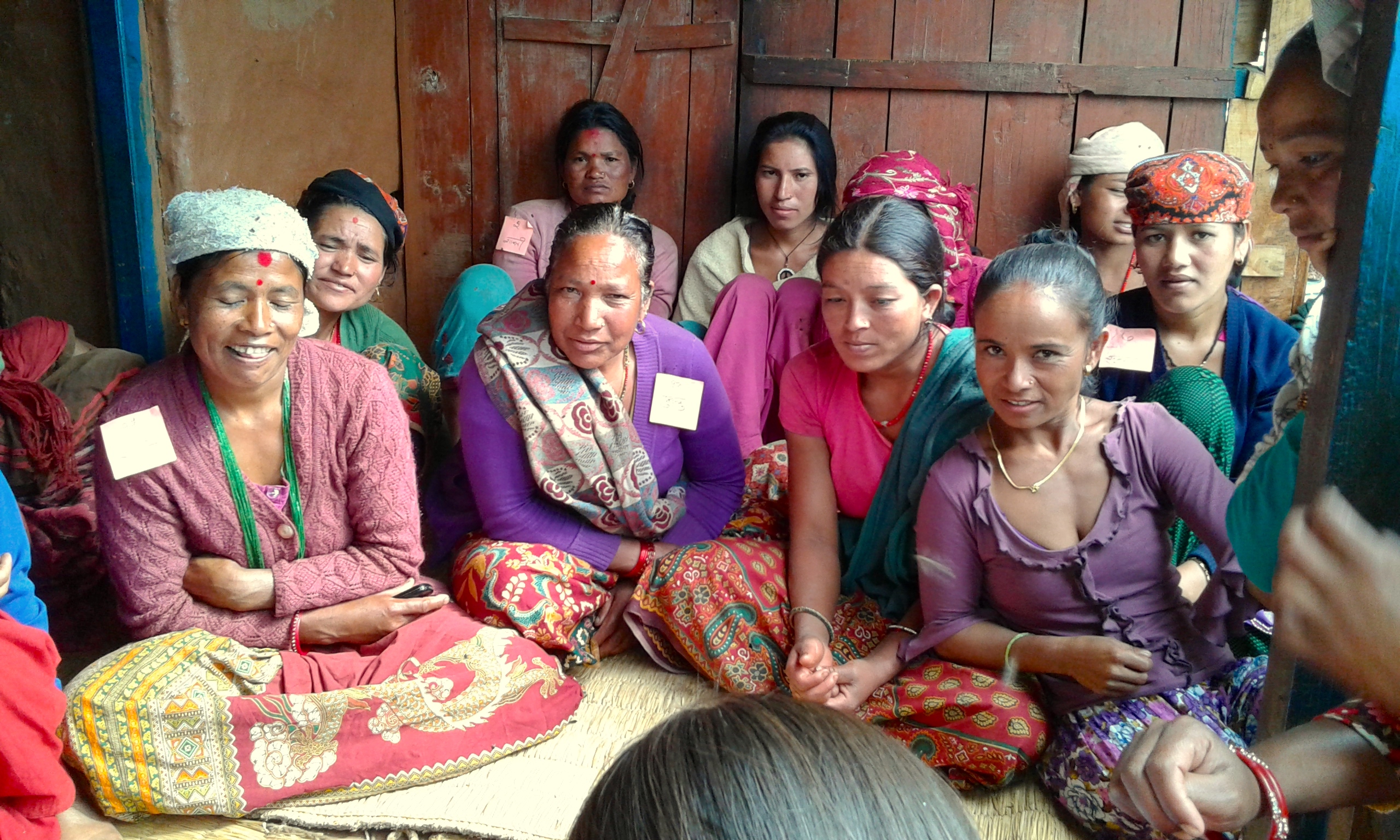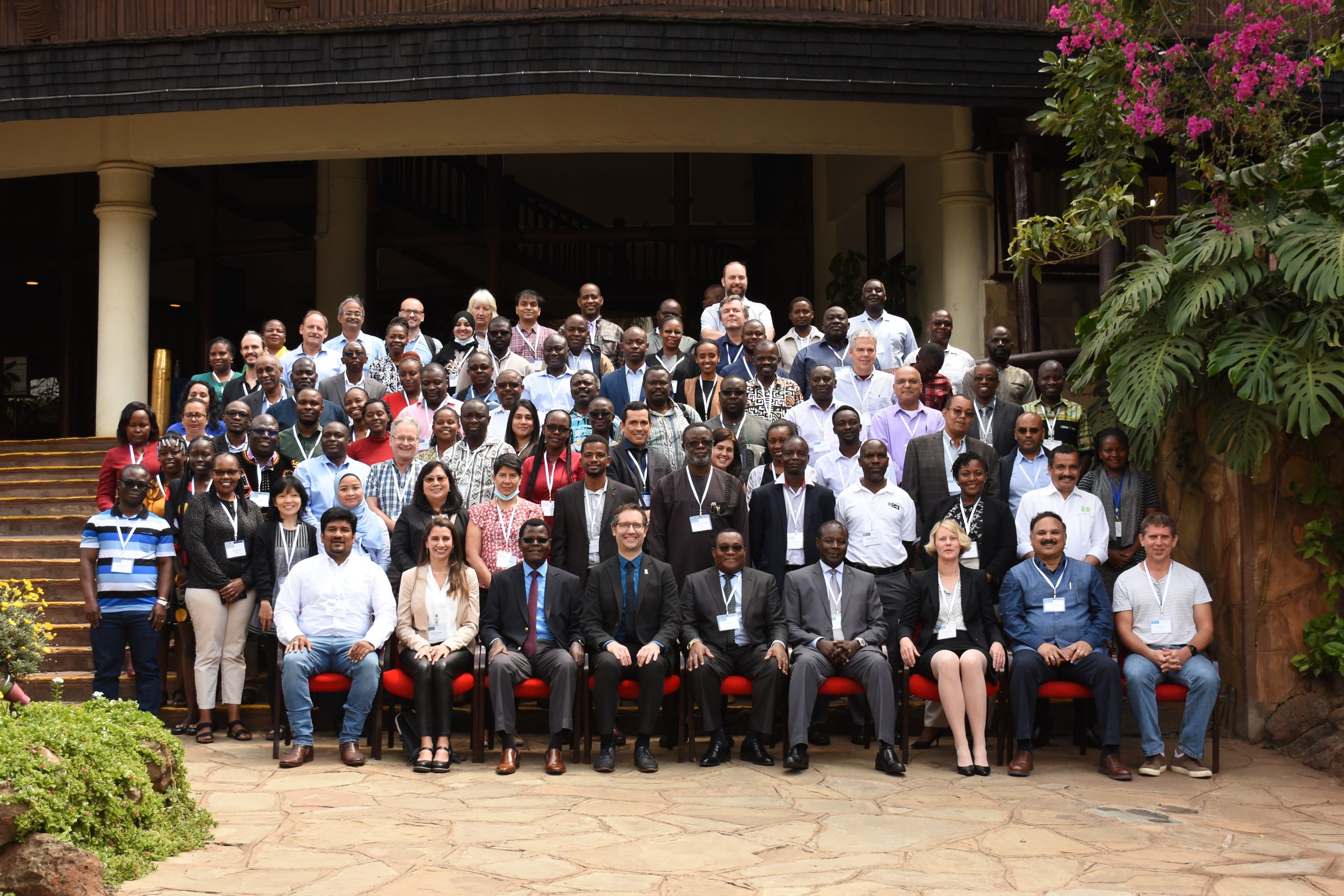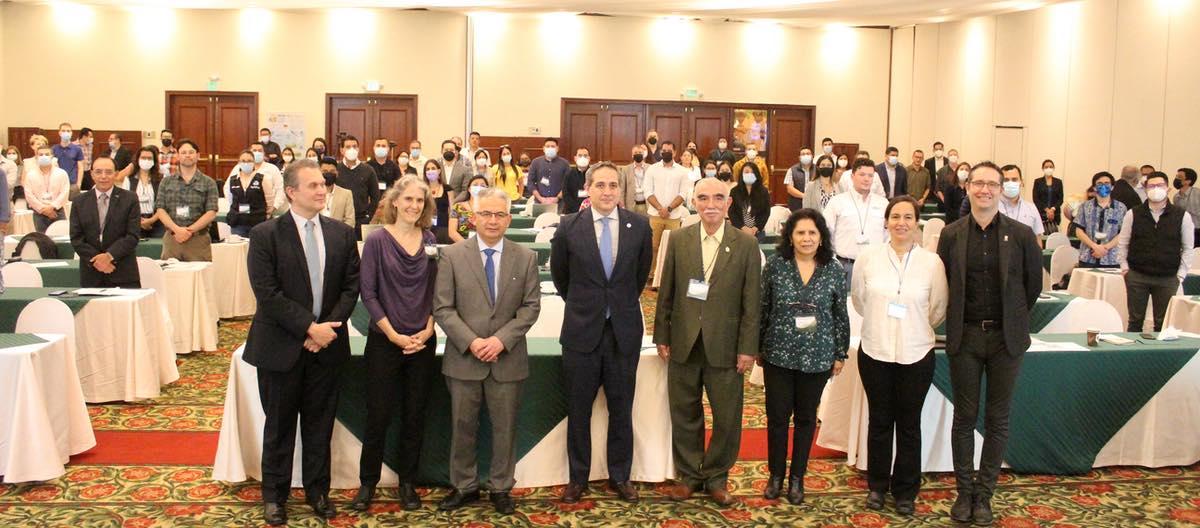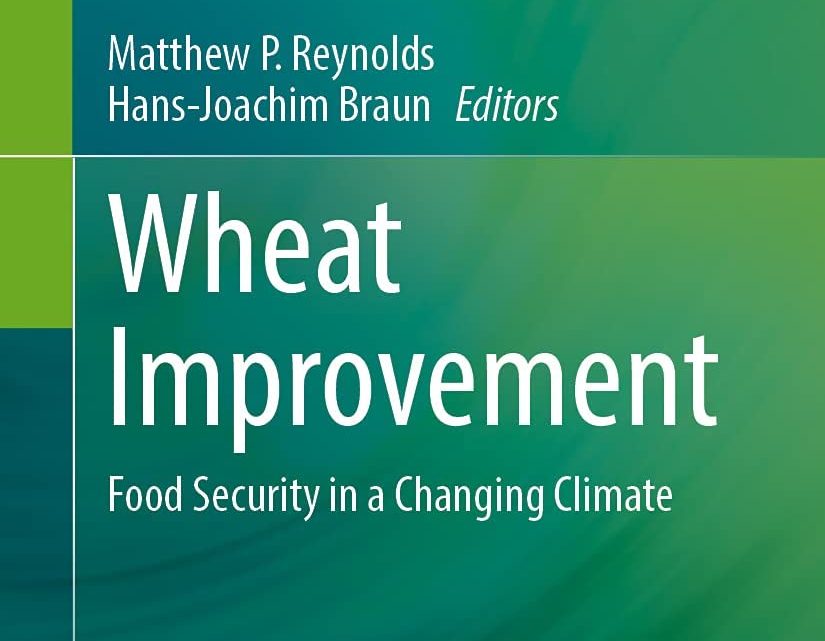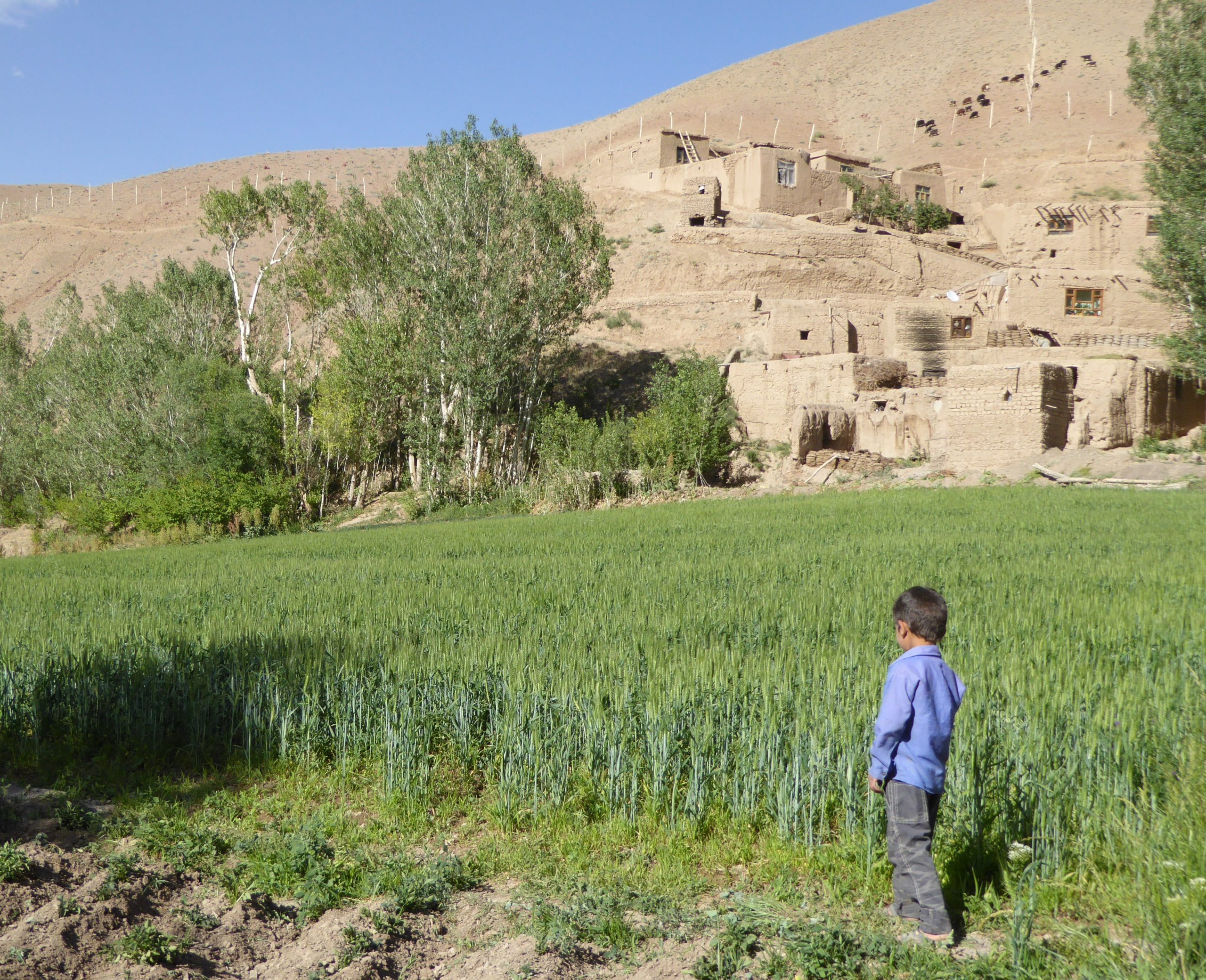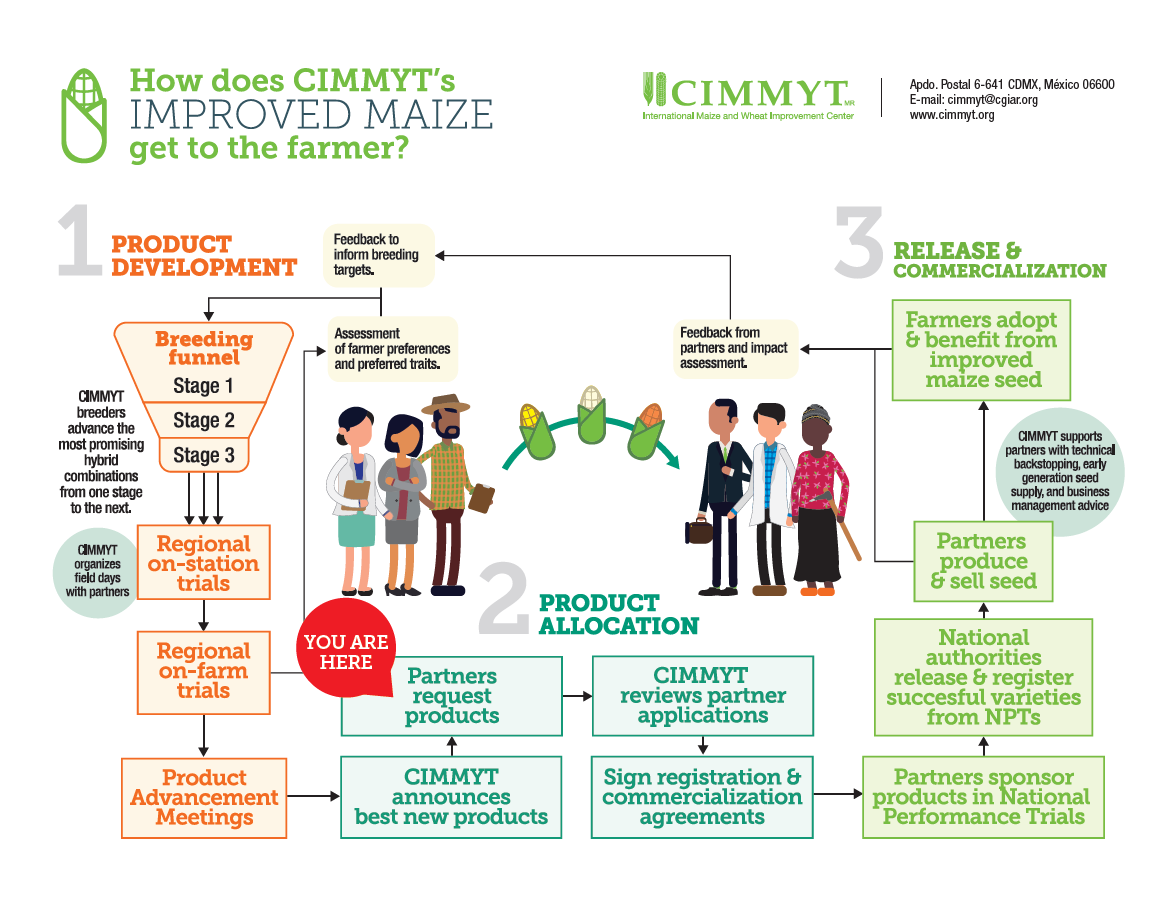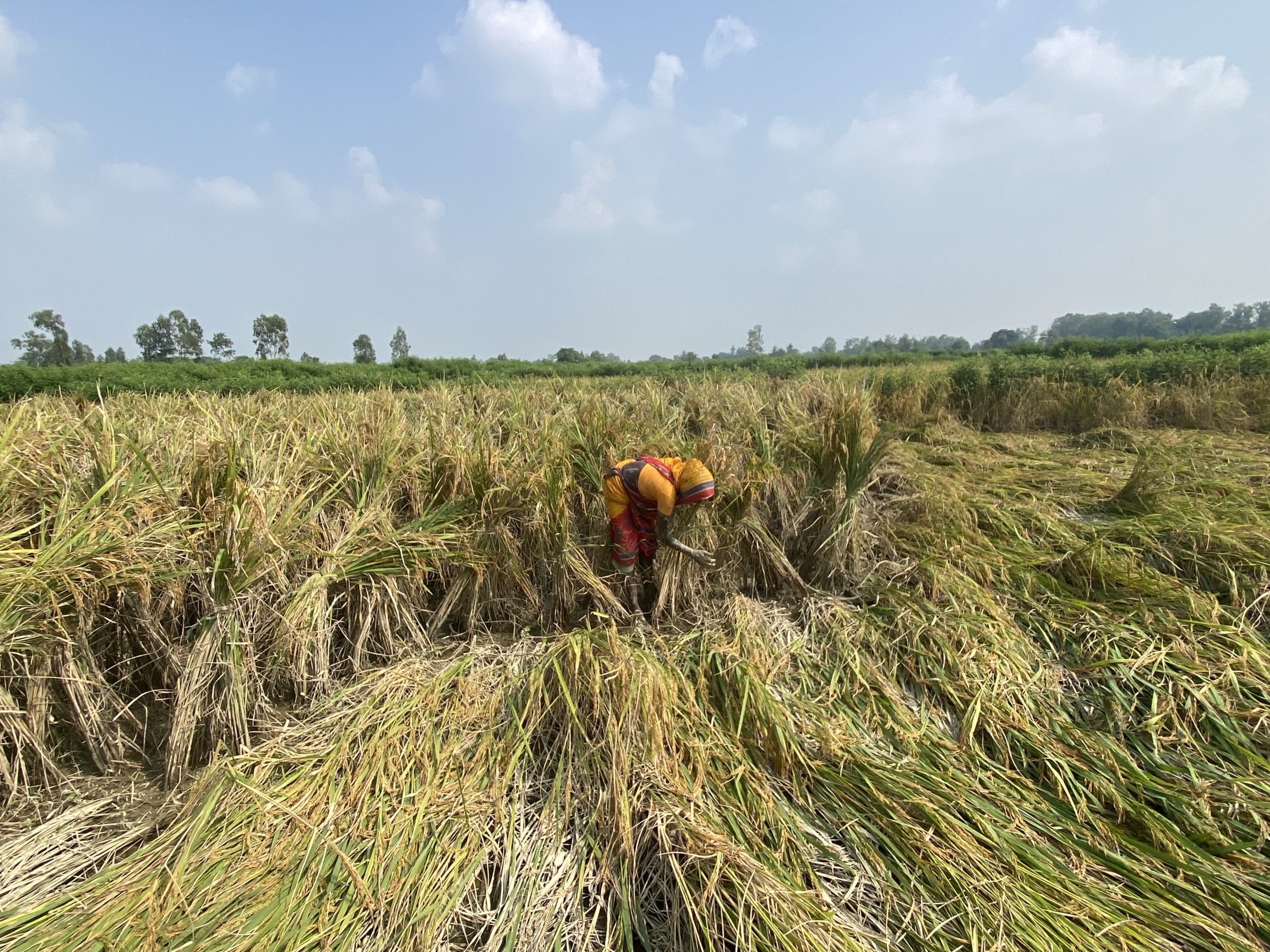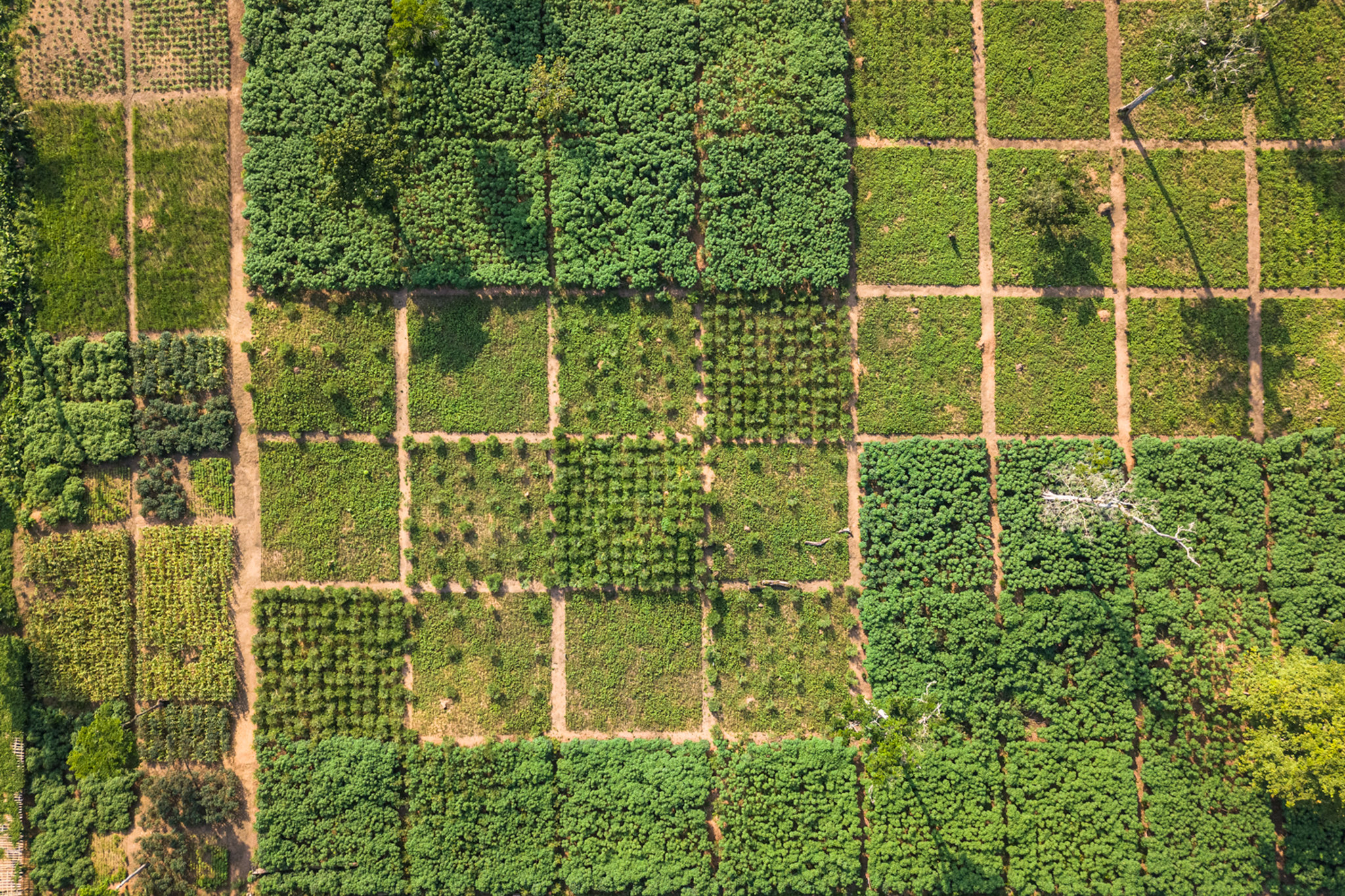Blogs
Former director general Timothy Reeves included in Queen’s Birthday Honours List
 Capacity development
Capacity development
Reeves has been appointed a Member (AM) of the Order of Australia for significant service to sustainable agriculture research and production.
Researchers use storytelling to evaluate women’s agency in agricultural production
 Capacity development
Capacity development
A study in India highlights who does what in wheat farming to support the design of gender-responsive interventions in the region.
Researchers plan transformation of agrifood systems in South Asia
 Nutrition, health and food security
Nutrition, health and food security
CGIAR Initiative will put nutrition first, to increase access to sustainable healthy diets, and will work with partners across the production-to-consumption spectrum.
Cereal seed value chains in Nepal
 Nutrition, health and food security
Nutrition, health and food security
A new study provides deeper insights into improving the performance of the country’s rice and maize seed value chains.
CRISPR, 10 years on: Learning to rewrite the code of life
 Innovations
Innovations
Source: The New York Times (27 Jun 2022)
Kevin Pixley, Director Genetic Resources Program and Deputy Director General Research – Breeding & Genetics (a.i.) at CIMMYT, quoted in a New York Times article about genome-editing technologies.
Soil scientists and stakeholders reflect on progress and impacts of CIMMYT-Rwanda partnership for soil health
 Environmental health and biodiversity
Environmental health and biodiversity
“Strong partnership” highlighted as CIMMYT and the Rwanda Agriculture and Animal Resources Development Board review progress in managing acid soil.
CGIAR Plant Health Initiative formally launched on the International Day of Plant Health
 Gender equality, youth and social inclusion
Gender equality, youth and social inclusion
The Initiative targets a broad range of pests and diseases affecting cereals, legumes, potato, sweet potato, cassava, banana and other vegetables.
AgriLAC Resiliente presented in Guatemala
 Nutrition, health and food security
Nutrition, health and food security
Regional CGIAR Initiative will improve the livelihoods of farmers, and the resilience and competitiveness of agrifood systems, in Latin America and the Caribbean.
Wheat improvement: Food security in a changing climate
 Capacity development
Capacity development
New textbook covers all aspects of wheat improvement, as well as rapidly evolving technologies and their potential to accelerate genetic gains and adaptation.
It is time to invest in the future of Afghanistan’s wheat system
 Capacity development
Capacity development
Afghan farmers need varieties with improved traits such as heat and drought resilience, incorporating functional variation from existing landrace collections.
New CIMMYT maize hybrid available from the Latin America Breeding Program
 Innovations
Innovations
CIMMYT is offering a new improved maize hybrid to partners, to scale up production for farmers in the region.
Managing seeds and agricultural losses in the wake of extreme climate events: Lessons from Nepal
 Climate adaptation and mitigation
Climate adaptation and mitigation
Assessment of floods in Nepal in October of 2021, which affected seed availability, give clues about actions to mitigate the impact of similar climate shocks on smallholder farmers.
Galvanized leaf storage proteins serve as a nutrient lifeline for maize under drought, recent study says
 Climate adaptation and mitigation
Climate adaptation and mitigation
A team of researchers activates vegetative storage proteins in maize leaves, to stockpile nitrogen reserves for release when plants are hit by drought.
Remembering Ephrame Havazvidi
 Nutrition, health and food security
Nutrition, health and food security
Ephrame Havazvidi served on the WHEAT Independent Steering Committee from 2015-2021 and was a prominent plant breeder and crop expert.
Getting to win-win: Can people and nature flourish on an increasingly cultivated planet?
 Climate adaptation and mitigation
Climate adaptation and mitigation
Faced with dramatic biodiversity loss and a growing population, should farmers “share” or “spare” land? Agricultural scientists weigh in, yielding a new perspective.
